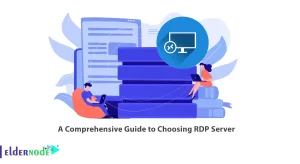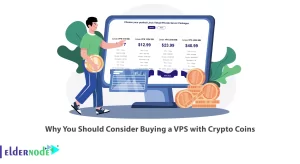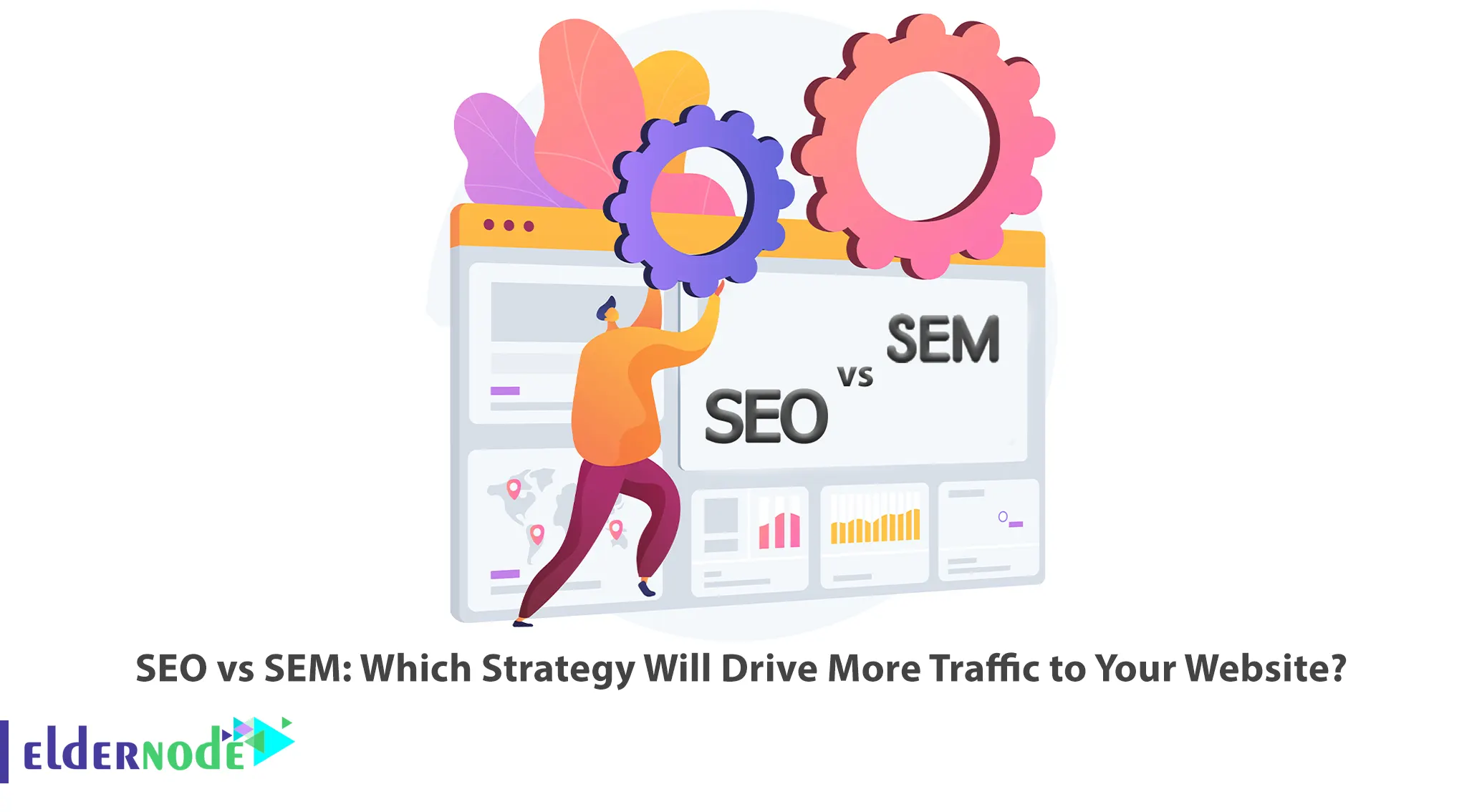
Having a robust online presence is vital for the success of any business in the current digital era. When it comes to driving traffic to your website, two popular strategies stand out: Search Engine Optimization (SEO) and Search Engine Marketing (SEM). In this article, we will explore the key differences between SEO and SEM and help you determine which strategy is best suited for driving more traffic to your website. Eldernode offers an economical VPS Server, which you can check out the offered package to purchase it.
The Power of SEO vs SEM to Maximize Website Traffic
In today’s cut-throat digital marketing landscape, search engine optimization (SEO) and search engine marketing (SEM) have become the go-to strategies for businesses aiming to boost their online presence and drive traffic to their websites. In this article, we’ll dissect the SEO vs SEM duel to help you make an informed decision about which strategy suits your business needs best.
Introducing SEO
SEO stands for Search Engine Optimization and is the process of optimizing your website and its content to improve its visibility in organic search results. By understanding and implementing SEO best practices, you can enhance your website’s chances of ranking higher on search engine results pages (SERPs) for relevant keywords. SEO focuses on optimizing various on-page and off-page elements, including keyword research, content optimization, link building, and technical optimization.
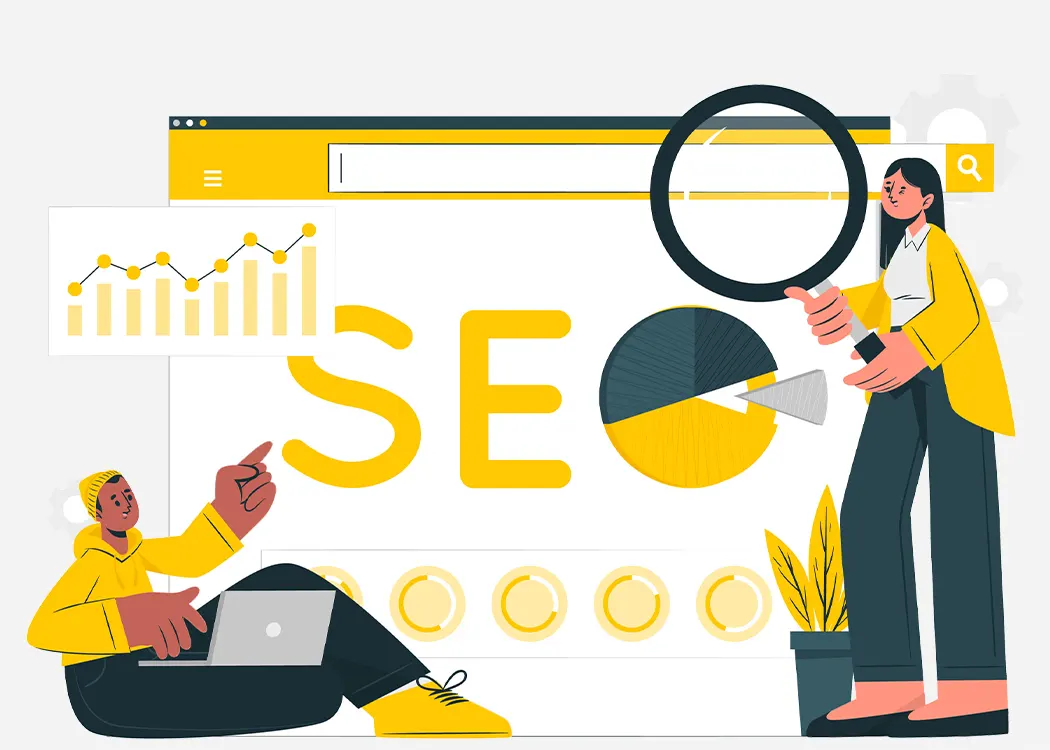
Introducing SEM
SEM stands for Search Engine Marketing and refers to paid advertising campaigns that appear alongside organic search results. It involves creating and optimizing advertisements to target specific keywords and audiences. The most popular platform for SEM is Google Ads, where businesses bid on keywords and pay for each clicks their ads receive. This method primarily encompasses pay-per-click (PPC) campaigns, where advertisers pay a fee each time their ad is clicked.
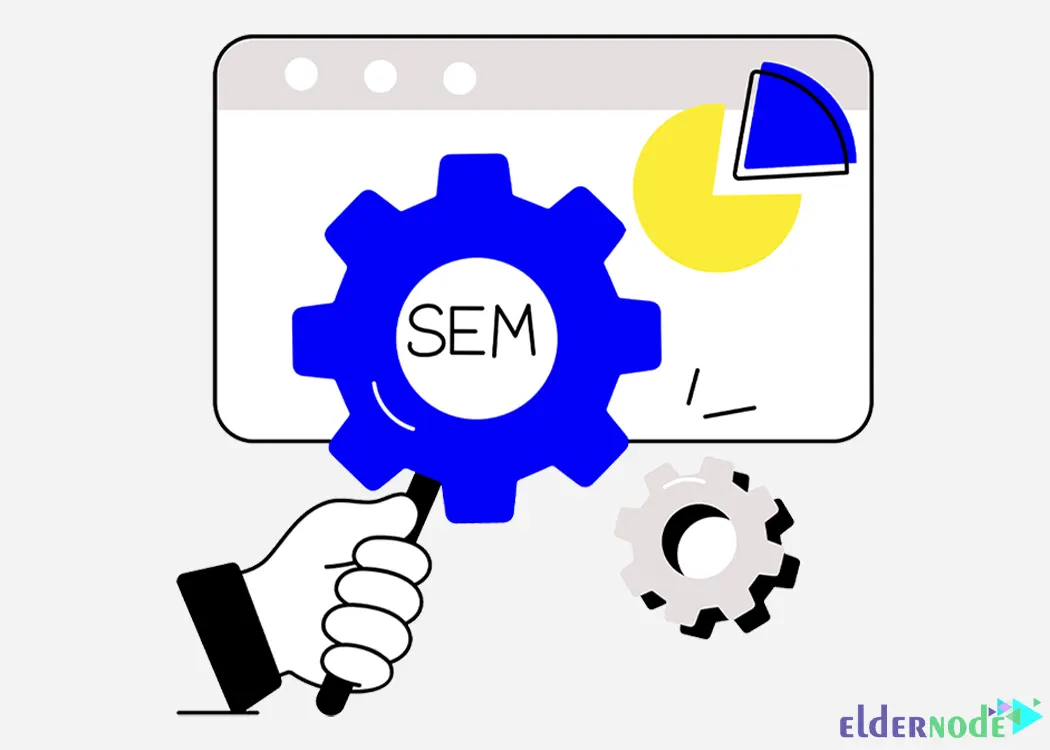
The SEO vs SEM duel:
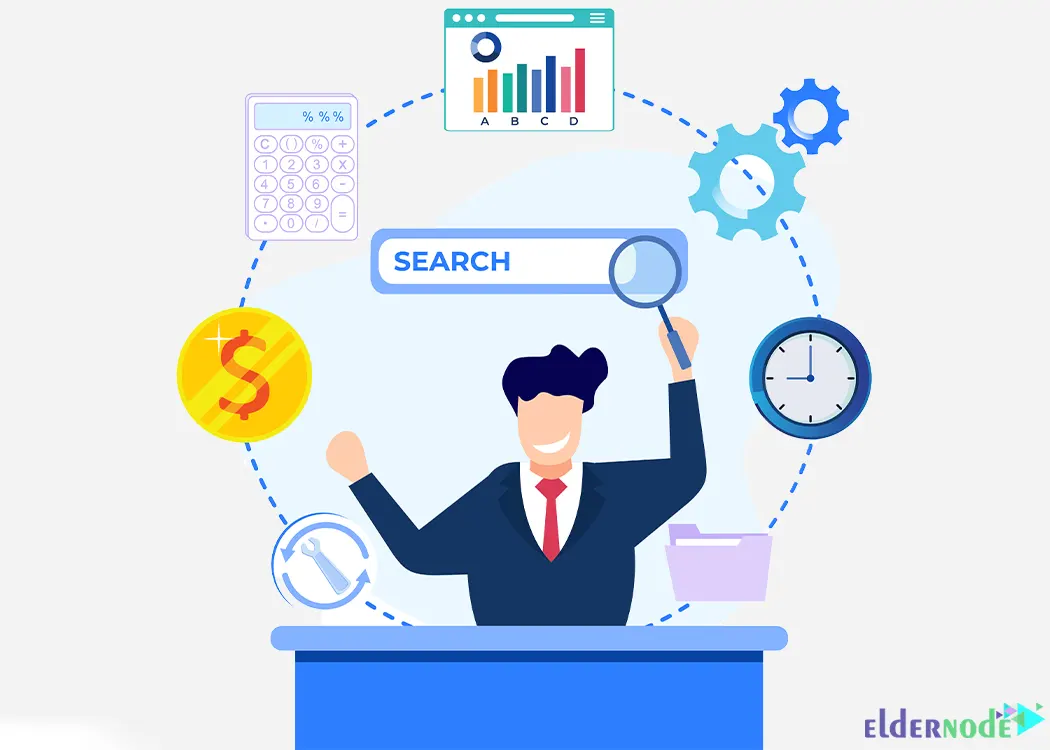
1. The Art of Organic Growth: SEO
Search Engine Optimization (SEO) focuses on improving a website’s organic ranking on search engines by optimizing the site’s content, structure, and technical elements. It is a long-term strategy that requires consistency, patience, and a deep understanding of search engine algorithms. With SEO, you work to provide valuable content and user-friendly experiences that resonate with your target audience. From mastering keyword research and optimizing on-page elements to building high-quality backlinks, SEO is all about delivering sustainable, long-lasting results.
2. The Power of Instant Visibility: SEM
Search Engine Marketing (SEM), commonly known as Pay-Per-Click (PPC) advertising, revolves around paid strategies to gain immediate visibility and drive targeted traffic. SEM involves bidding on relevant keywords and creating effective ad campaigns using platforms like Google Ads. By paying for ad placements on SERPs, businesses can secure prime spots on the search results page. SEM offers unmatched flexibility, allowing you to target specific demographics, geographical regions, and timeframes. With SEM, you have control over your budget and can monitor the success of your campaigns with real-time data and analytics.
3. Budget Considerations: Cost-Effectiveness of SEO vs SEM
When it comes to budget allocation, SEO requires a long-term investment in content creation, website optimization, and ongoing maintenance. While it may take time to yield tangible results, the cost-effectiveness of SEO lies in the fact that organic traffic is essentially free once you have established strong visibility. On the other hand, SEM demands an ad spend that can quickly add up, especially for highly competitive keywords. However, SEM delivers instant visibility and guarantees exposure to a targeted audience, making it an ideal choice for businesses seeking immediate results.
4. Long-Term Growth vs Quick Wins
SEO and SEM both offer distinct advantages, and the choice between the two depends on your business goals and timeline. SEO is ideal for businesses looking for sustainable, long-term growth. By building a strong foundation through optimized content and earning high-quality backlinks, SEO cultivates organic traffic that can last for years to come. On the other hand, SEM ensures instant visibility and targeted traffic, making it ideal for time-sensitive campaigns or businesses aiming to achieve quick wins.
Which one Will Drive More Traffic to Your Website?
Determining which strategy to prioritize depends on your specific goals, budget, and timeline. SEO is ideal for long-term growth, establishing authority, and attracting organic traffic over time. It requires consistent efforts, technical optimization, and content creation to succeed. While SEM is suitable for businesses looking for immediate traffic, quick results, and precise targeting. It requires ongoing management, keyword research, and monitoring to optimize ad campaigns effectively.
Conclusion
In the battle of SEO versus SEM, there is no one-size-fits-all solution. Instead, it’s about finding the right balance between long-term growth and quick wins. Consider your business objectives, budget, and timeline when choosing between the two strategies. Combining SEO and SEM can also yield powerful results, as they complement each other in different stages of your digital marketing journey. Remember, the key to success lies in staying updated with industry trends, adapting your strategy, and constantly refining your efforts to drive meaningful results in the ever-evolving world of digital marketing.
